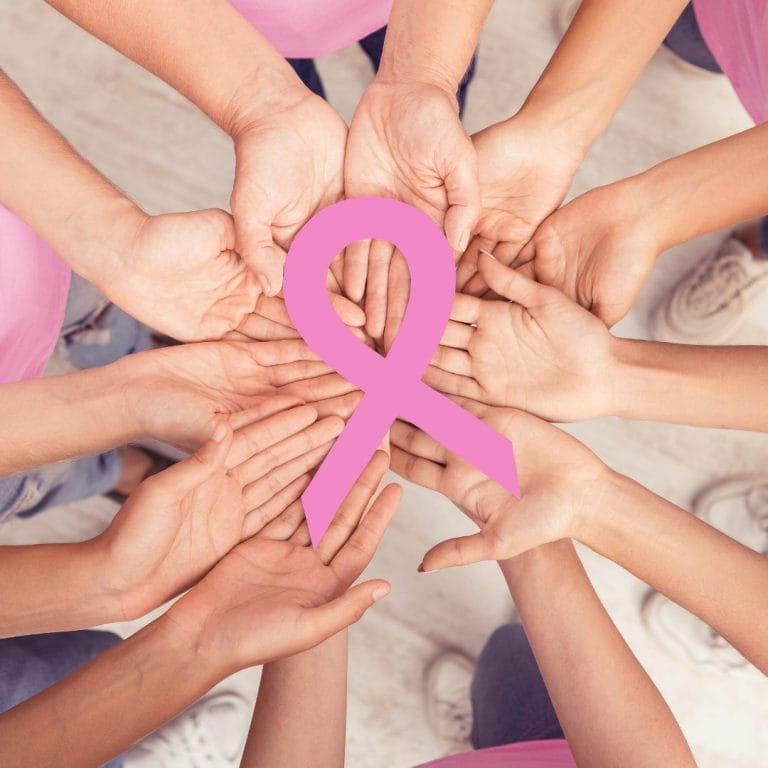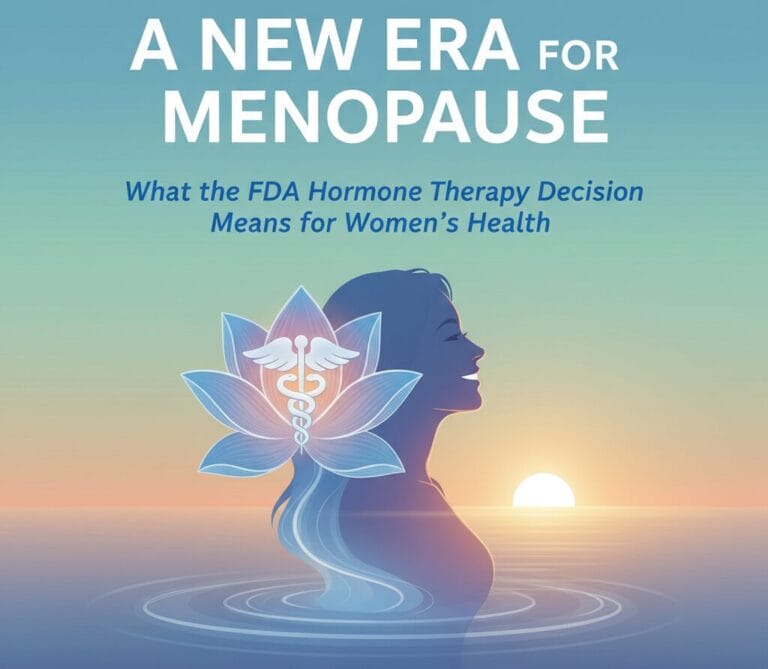
A Comprehensive Guide to Breast Cancer Prevention: Lifestyle, Diet, and Environmental Tips
Breast Cancer Awareness
Breast cancer is a growing concern, with statistics showing that one in nine women will be diagnosed with the disease during their lifetime. Alarmingly, this risk has increased over the decades—from one in twenty in the 1940s to today’s much higher rates. Early prevention strategies can be vital in protecting ourselves and future generations. Drawing from insights in The Complete Natural Medicine Guide to Breast Cancer by Sat Dharam Kaur, N.D., we’ve outlined practical tips to reduce your risk of breast cancer. Implement these changes gradually and start making a difference today.
Lifestyle Tips for Breast Cancer Prevention
- Regular Sauna Use: Spending one hour per week in a sauna can help eliminate harmful chemicals stored in your fat cells. For a more intensive detox, consider an 80-hour sauna detox program to remove environmental chemicals that mimic estrogen.
- Exercise Daily: Aim for at least 40 minutes of physical activity each day to maintain a healthy weight and reduce your risk of breast cancer.
- Optimize Your Sleep Environment: Sleep in complete darkness and keep electrical devices at least 3 feet away from your bed to maintain melatonin levels. This hormone plays a critical role in cancer prevention.
- Relax and Reduce Stress: Incorporate daily relaxation practices like meditation or deep breathing to lower stress and increase melatonin production.
- Choose Non-Toxic Products: Switch to non-toxic cleaning products such as baking soda and vinegar, and use chemical-free cosmetics to reduce exposure to harmful ingredients like parabens and sodium lauryl sulfate.
- Filtered Water: Drink filtered water to remove chlorine and pesticides, and store your water in glass containers to avoid chemicals that mimic estrogen.
- Maintain a Healthy Weight: Maintaining a healthy weight is critical for breast cancer prevention.
- Oral Health: Choose porcelain fillings and avoid mercury amalgam fillings. Floss daily to maintain good oral health and prevent root canals when possible.
- Avoid Hormone Therapies: Skip birth control pills and hormone replacement therapy when possible, and seek natural alternatives to manage menopausal symptoms.
Dietary Recommendations for Reducing Breast Cancer Risk
- Increase Fiber Intake: Consume 45 grams of fiber daily to promote healthy digestion and ensure regular bowel movements. Add more whole grains, legumes, and flaxseeds to your meals.
- Eat a Plant-Rich Diet: Include 8-10 servings of fruits and vegetables daily, focusing on cruciferous vegetables like broccoli, cauliflower, and cabbage. These foods contain cancer-fighting nutrients.
- Go Organic: Choose organic foods whenever possible to avoid pesticides and chemicals.
- Reduce Meat and Dairy: Limit meat and dairy products, replacing them with plant-based alternatives like legumes and organic soy.
- Use Healthy Oils: Cook with extra virgin olive oil, and add cold-pressed flaxseed oil to your meals after cooking. Avoid heating flaxseed oil and store it in the fridge.
- Cut Down on Sugar: Minimize sugar and processed sweets. Opt for fresh fruit as a natural sweetener.
- Spice It Up: Regularly incorporate turmeric, onions, and garlic into your meals for their cancer-fighting properties.
- Seaweed: For added nutritional benefits, consume 2 tablespoons of seaweed daily, such as dulse powder or kelp tablets.
- Avoid Plastic: Store food in glass or stainless steel containers, and avoid canned foods lined with bisphenol-A (BPA), which can mimic estrogen.
Essential Supplements for Breast Cancer Prevention
- Multivitamin: For immune support, take a daily multivitamin that includes 100-200 mcg of selenium and 30 mg of zinc.
- Calcium and Vitamin D: Supplement with 1000 mg of calcium citrate, magnesium citrate, and vitamin D daily to promote bone health and cancer prevention.
- Vitamin C: Take 2000 mg of vitamin C daily to boost your immunity and help prevent the accumulation of toxic metals.
- Fish Oil and Vitamin E: Supplement with 2000 mg of high-quality fish oil and 400 IU of vitamin E to support overall health and reduce inflammation.
- Green Supplements: If you cannot consume eight servings of fruits and vegetables daily, use a green powder supplement rich in carotenes and protective plant nutrients.
Environmental Changes to Lower Breast Cancer Risk
- Avoid Pesticides: Eliminate the use of pesticides in your home and garden, and encourage your neighbors to do the same.
- Reduce Electrical Device Usage: Limit your use of electrical devices and conserve energy to reduce reliance on nuclear power.
- Avoid PVC Products: Avoid polyvinyl chloride (PVC) products, such as raincoats and shower curtains.
- Say No to Plastic: Use cloth bags for shopping and avoid plastic products whenever possible.
- Get Involved: Stay informed about local pollution by visiting websites like Pollution Watch and consider writing letters to lobby for cleaner air and water.
- Environmental Awareness: Host events like environmental film festivals or celebrate Rachel Carson Day on May 27 to raise awareness and take action to protect the environment.
Psychological Health and Breast Cancer Prevention
- Manage Anger: Find healthy ways to express anger and let it go. If you have unresolved anger, consider seeking counseling for support.
- Pursue Meaningful Activities: Invest your energy in hobbies, volunteer work, and activities that bring you joy and personal growth.
- Assertiveness and Boundaries: Learn to define your needs and practice assertiveness in your personal and professional life.
- Seek Support: Surround yourself with like-minded individuals who offer support and validation throughout your life.
- Find Spirituality: Connect with a spiritual practice or faith that strengthens your sense of hope, love, and purpose.
- Resolve Conflict: Address conflict as it arises, rather than letting it build up, or learn to let go of situations that no longer serve you.
A Multi-faceted Approach
Breast cancer prevention is a multifaceted approach that involves lifestyle, dietary, environmental, and psychological changes. Taking action now and making small, manageable monthly changes can reduce your risk and contribute to your long-term health. These tips, inspired by Sat Dharam Kaur, N.D.’s The Complete Natural Medicine Guide to Breast Cancer, provide practical steps to empower you in your journey toward breast cancer prevention.
For more detailed guidance on breast cancer prevention and overall women’s health, consider reading Sat Dharam Kaur’s books or consulting a naturopathic doctor.






